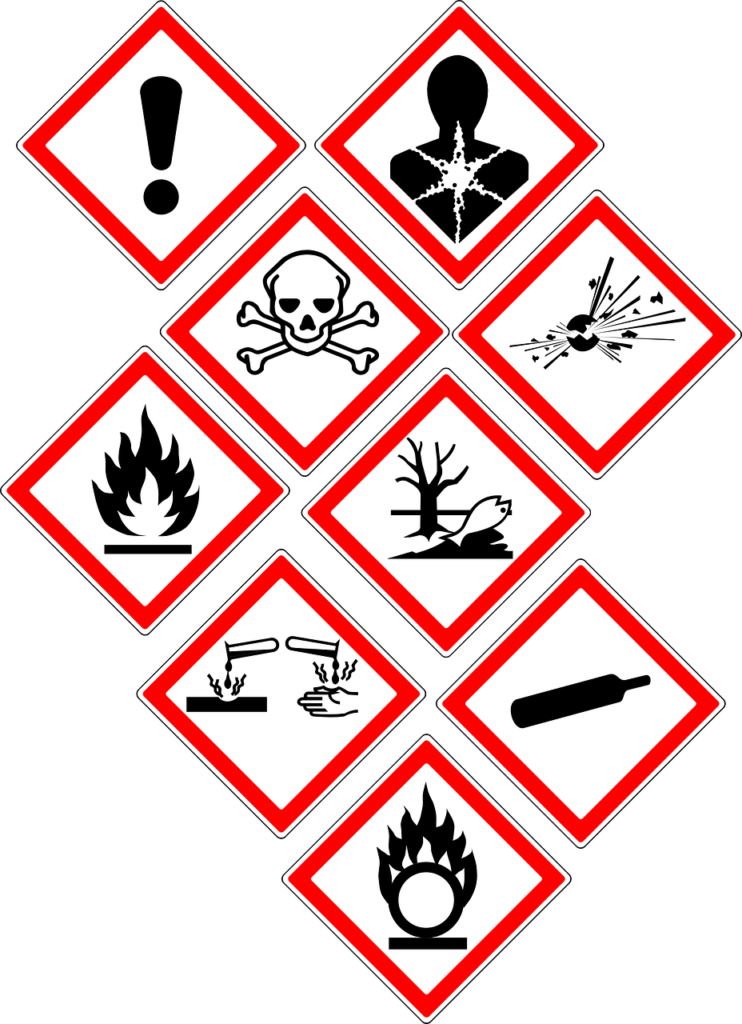In France, like in other countries, employers are required to put in place measures to safeguard their employees against health and safety hazards (articles L.4121-1 onwards of the French Labour Code).
The first measure to be taken by any company employing staff in France is to implement risk profiling and draft a risk assessment document (called a “DUERP”) listing all identified occupational risks as well as safety measures to prevent such risks from happening.
- Obligations linked to risk profiling
According to article L.4121-3-1 of the French Labour Code, obligations linked to risk profiling differ depending on the number of staff.
Companies employing 50 employees or more have to define an annual program to prevent occupational risk and improve working conditions. Such program must include a list of measures to be taken throughout the year, their implementation methods, performance indicators, and an estimation of the associated costs.
Companies employing less than 50 people only have to define measures to be taken to lower the risks and ensure the employees’ protection.
Companies of 10 employees or more must update the risk assessment document each year.
- Financial exposure in case of a breach of the risk profiling obligations
Employers who do not comply with the obligation linked to risk profiling can be subject to a criminal penalty of up to €1,500 for the registered directors of the company and €7,500 for the company itself (article R.4741-1 of the French Labour Code).
In addition, article L.4741-1 of the same Code provides that the employer company and its registered directors may be ordered to pay a fine of up to €10,000 (each) if they willingly disregarded health and safety obligations.
In addition to these criminal sanctions, employers who did not take the relevant measures to protect their employees’ health and safety may be ordered to pay damages in case of an occupational accident or illness, the amount of which will depend on the harm actually suffered by the employee concerned.

